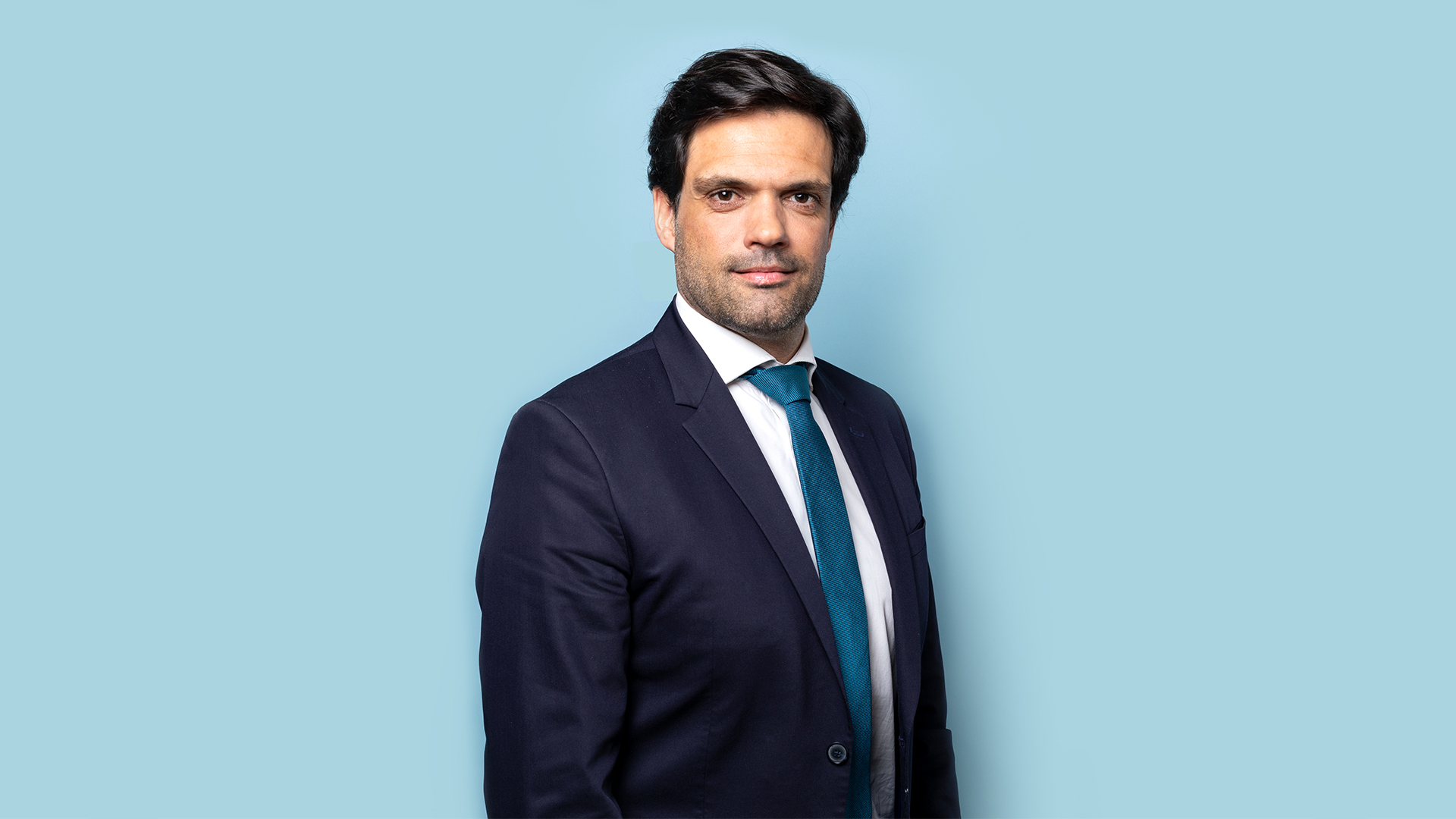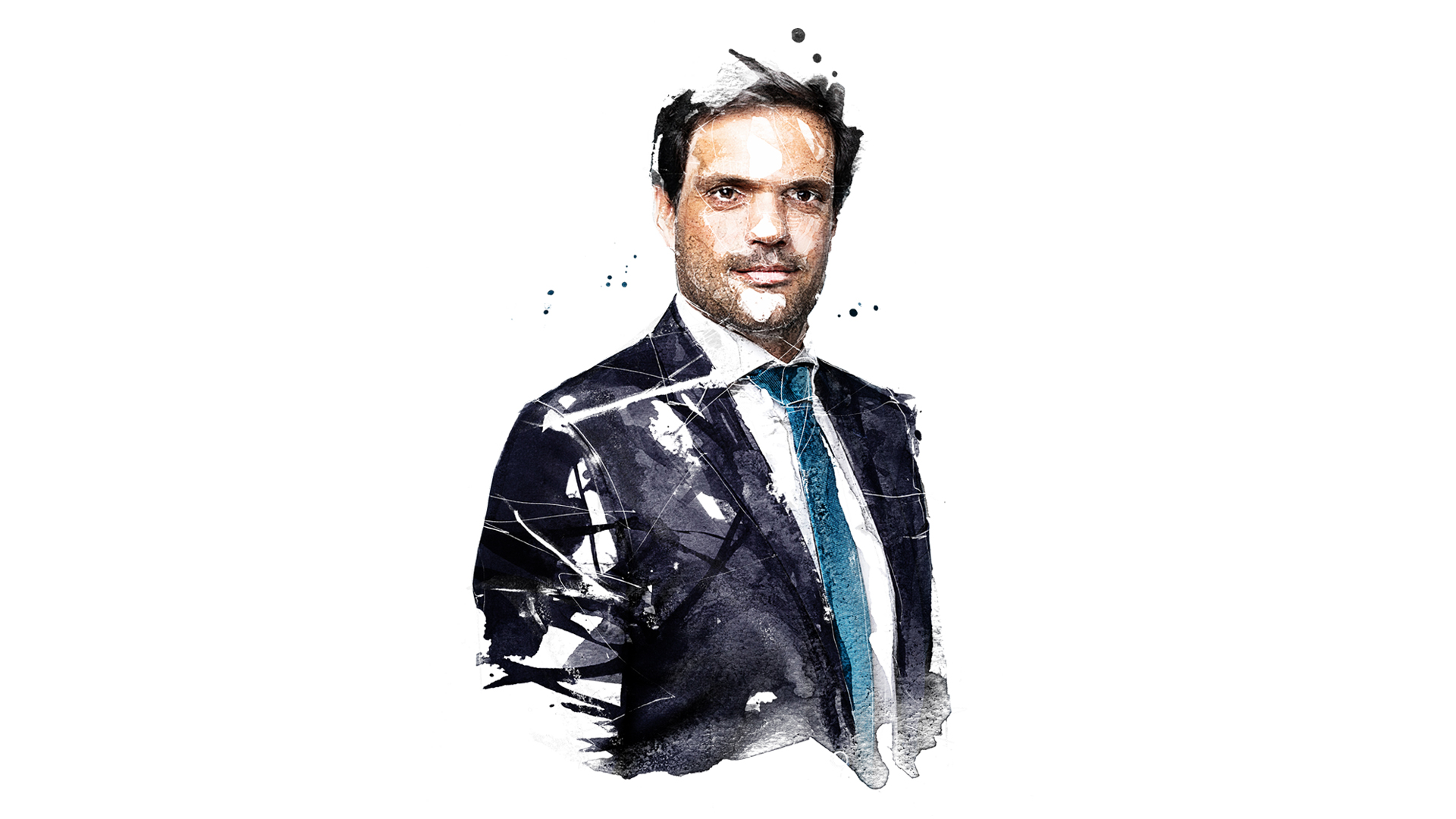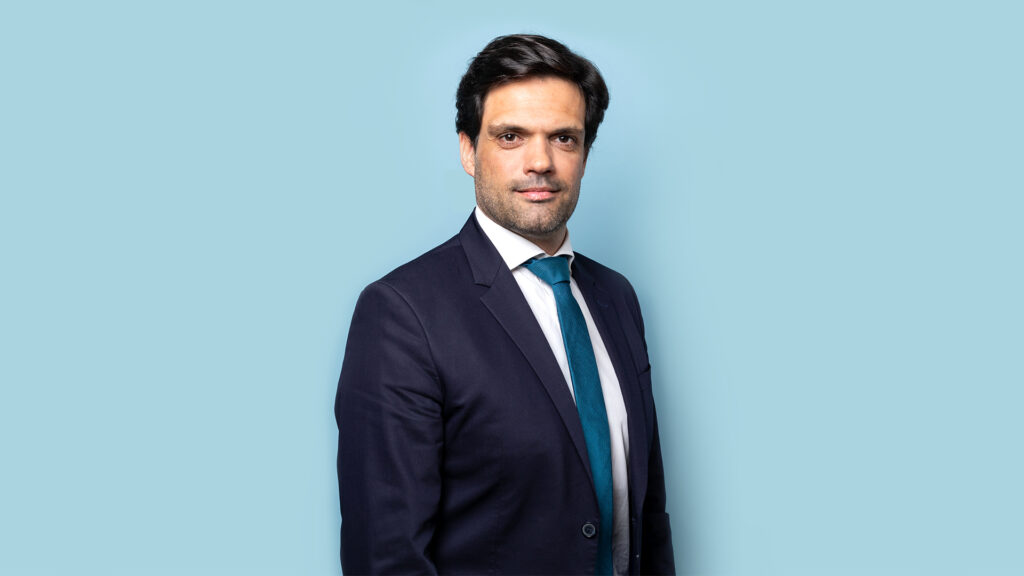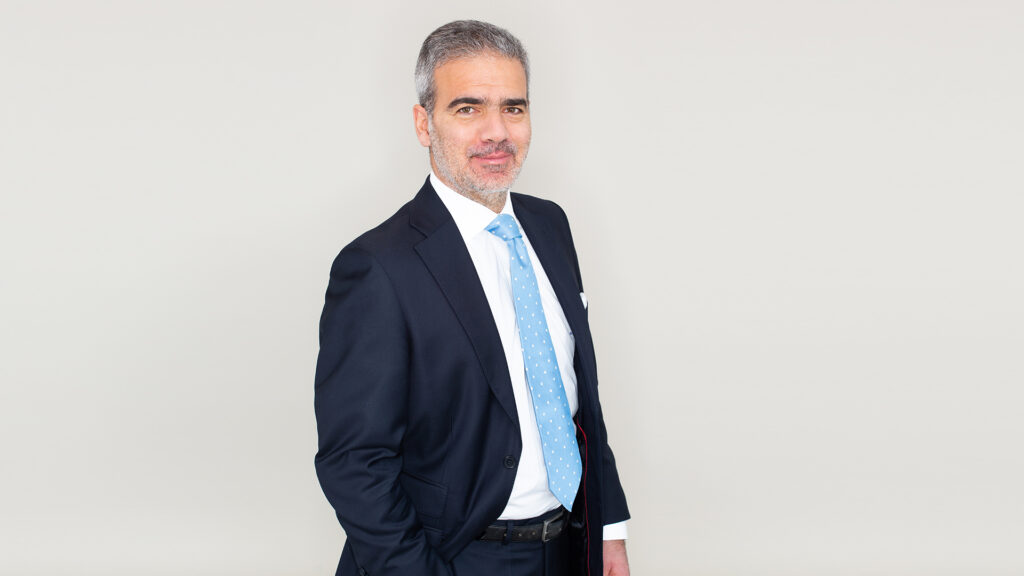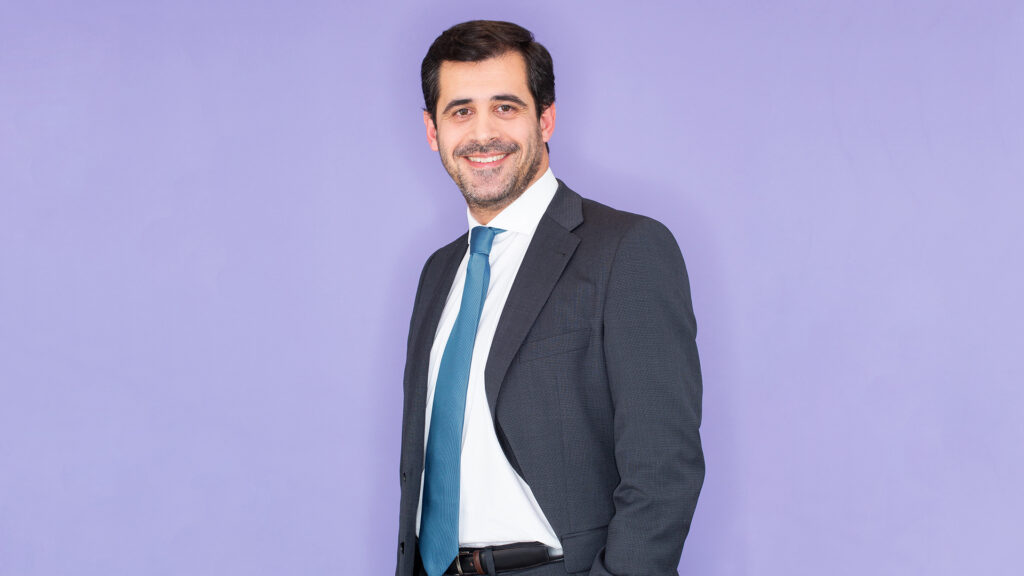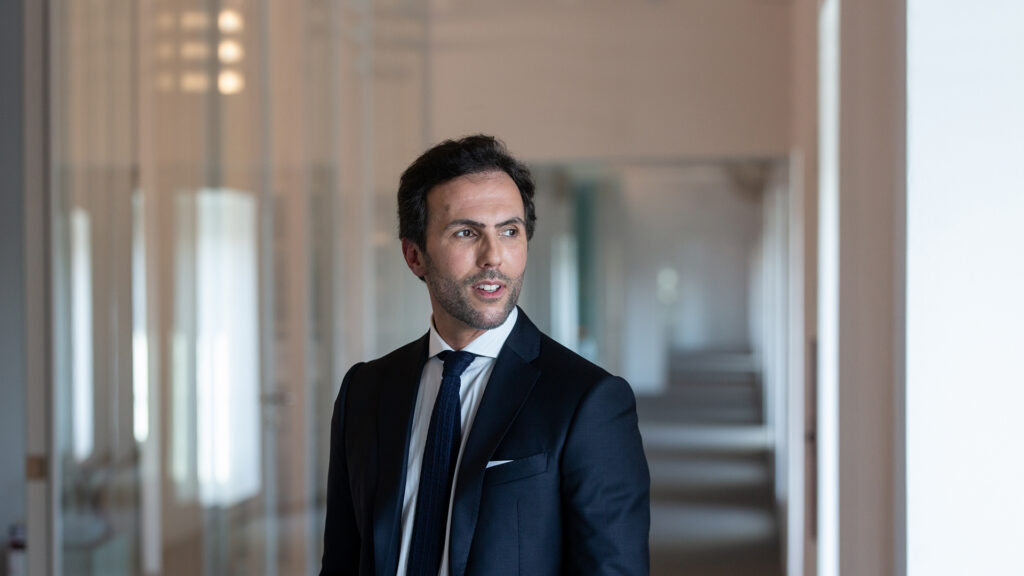Diogo Orvalho argues that changing labour legislation is inevitable given the shifts in the market
Following recent proposals to amend labour law and the announcement of a general strike in December, Diogo Orvalho clarified, during a debate on SIC Notícias, that “this is not a step back, but an adjustment of measures that forms part of the negotiation process”. According to the Abreu Advogados professional partner, the Government is seeking to move closer to the UGT’s position in order to avoid the strike being called.
Diogo Orvalho considers changes to labour legislation inevitable: “The labour market has changed considerably and will continue to change in the coming years. Companies must anticipate this evolution.”
Among the announced changes, one of the most notable is the removal of the requirement for companies to present the evidence requested by the employee before proceeding with dismissal. However, according to Diogo Orvalho, this amendment places “greater responsibility” on employers.
If the employee decides to challenge the dismissal in court, the company will have to reproduce all the internal evidence that supported the decision, effectively duplicating the process. “If the company proceeds with a dismissal without the necessary caution, and the employee challenges it, the consequences will be far more serious than those that currently exist,” he explained.
On the changes to the telework regime, the lawyer stated that “there is no rollback”, and that employees with children up to the age of three will continue to have the right to impose teleworking on their employer.
Regarding the hours bank, Diogo Orvalho highlighted that there will now be an annual maximum limit of 150 hours, with a reference period of four months. If the employee exceeds the daily or weekly working time limits within that period, they will be entitled to monetary compensation. The lawyer also stressed that “most workers do not look unfavourably on the individual hours bank regime”.
Watch the debate here (available only in Portuguese).
